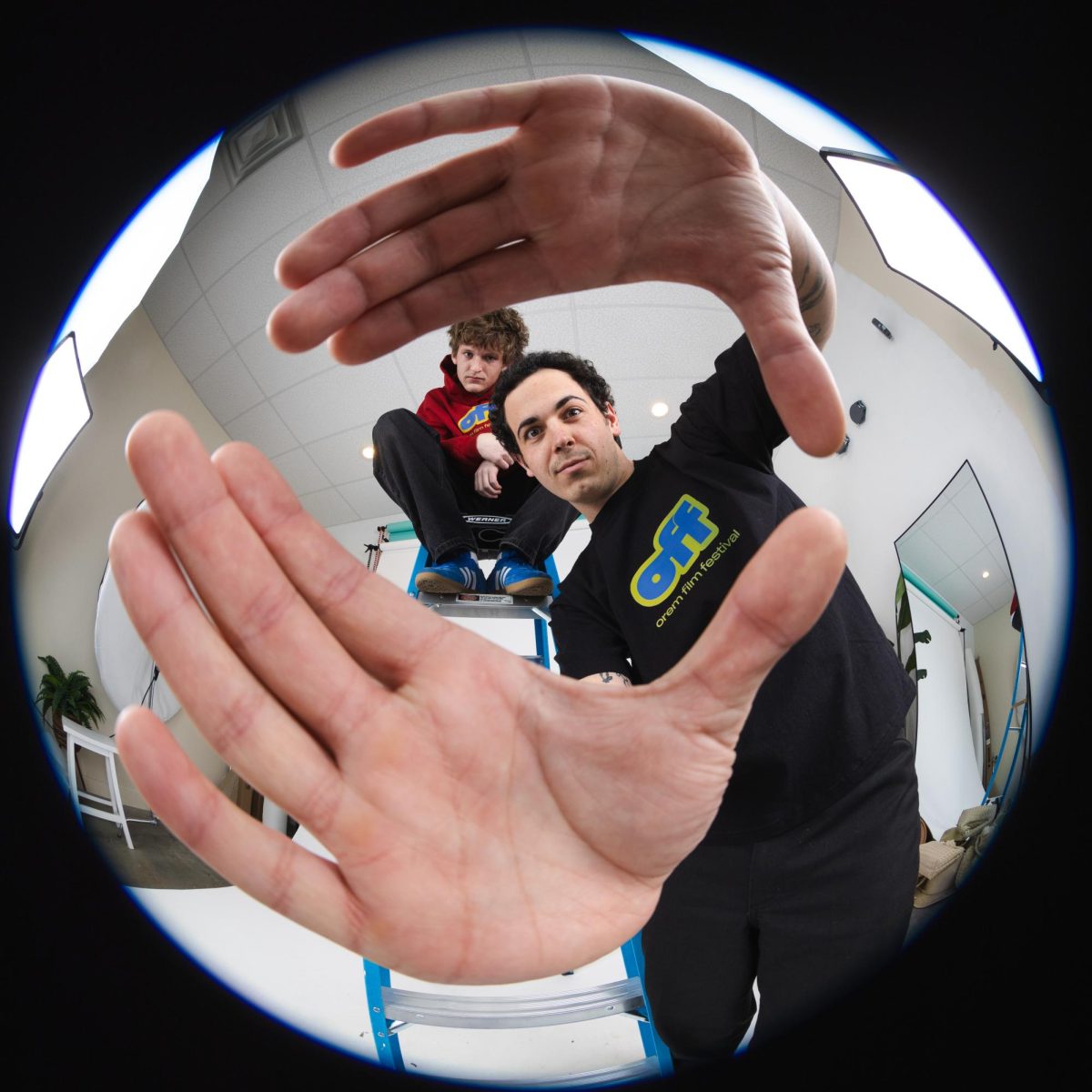Each new season resides in its own set of rules. As our summer has turned to fall, the presence of change before growth stays heavily in my mind. The changing of the season means shorter days, longer nights and colder weather. These realities can add weight to the realities we face as students. I wanted to create a conversation in regards to the seasons and how we can equate that to our own mental health and wellbeing.

fall verb
\ ˈfȯl \
fell\ ˈfel \; fallen\ ˈfȯ-lən \; falling
Definition of fall (Entry 1 of 3)

1a: to descend freely by the force of gravity
An apple fell from the tree.
Maybe you know the feeling. It’s the way your stomach drops before your feet can catch you from the trip. The hours you spend at the laundromat watching clothes tumble around and around, drying at their own pace. The way you collapse against the sheets, closing your eyes for a new day tomorrow.
10
: to set about heartily or actively
fell to work
It’s how we move forward, move on, onward bound, rebound, re-evaluate. It’s pushing through the way the cold can stick to you skin, finding a coat that makes a difference and slipping into it. We can learn how to accept the scarf, say thank you for the gloves and let our fingers stay warm.
fall adjective

Definition of fall (Entry 3 of 3)
: of, relating to, or suitable for autumn
a new fall coat
We watch the leaves turn to fire before they turn to dust. Soon, we watch the breathing of the earth bring dust to life again. It’s a turning that creates a system, and a cycle that keeps a promise. The seasons may shift, the tides may turn and the unexpected might be right around the corner. But after the storm, after the trees have become bare and the winter snow has settled in the corners of the night, we can rest in the knowledge that tomorrow the sun will rise. The dawn will bring a season of warmth and new beginnings.

















